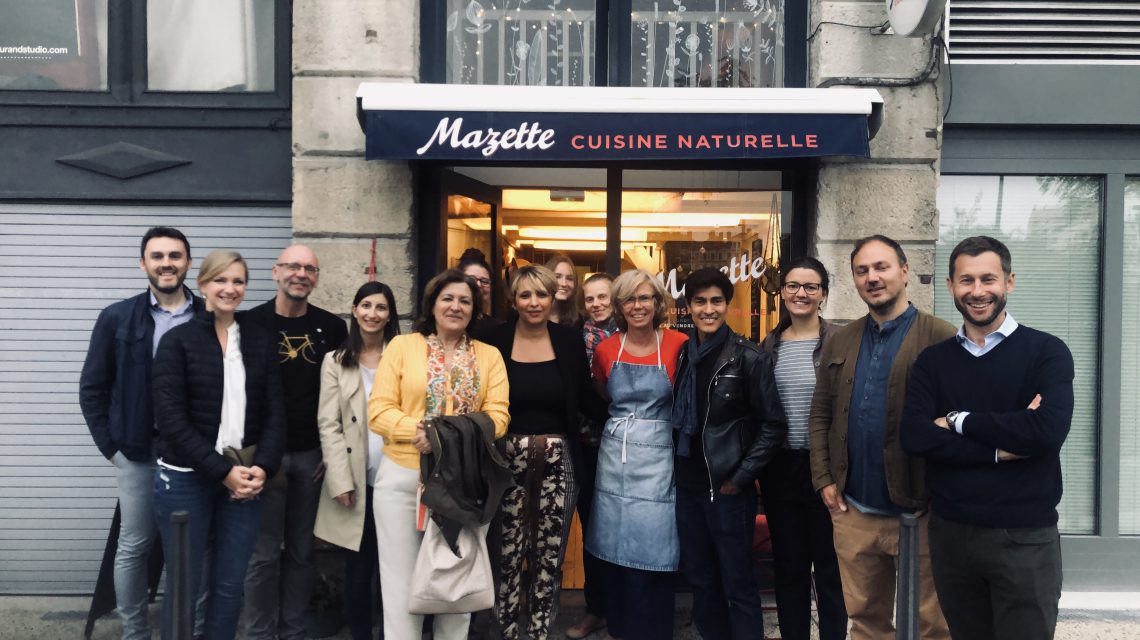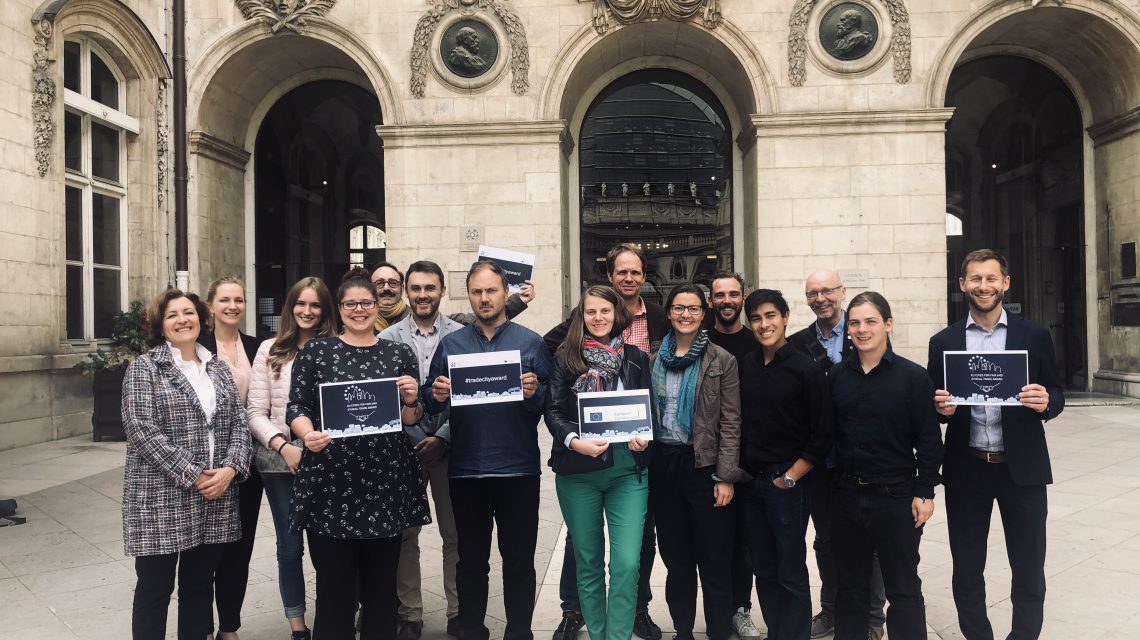THE NETWORK
About the Network
The EU Cities for Fair and Ethical Trade Award Network provides a platform where cities can share best practices, exchange information, learn from each other, and collaborate on joint actions and projects.
The purpose of the Network is also to focus more prominently on the potential of the cooperation between EU cities and local governments in developing countries.
The members of the Network are the shortlisted cities from the first and second EU Cities for Fair and Ethical Trade Award, as well as other applicants who win a Special Mention. Through each Award edition, the Network will expand by the newly shortlisted cities.
The Network meets in person once or twice a year and also holds some online meetings. Network meetings take place in the members cities on a rotating basis in order to spread the meetings across as many shortlisted cities as possible. This helps Network members to learn from each other through practical exchanges “on the ground.”
External stakeholders will be invited on an ad-hoc basis to attend Network meetings in order to benefit from knowledge and best practices outside of the Network.
Network Members
- Bremen, Germany
- Dortmund, Germany
- Ghent, Belgium
- Gothenburg, Sweden
- Jelenia Góra, Poland
- Lyon, France
- Madrid, Spain
- Malmö, Sweden
- Neumarkt, Germany
- Saarbrücken, Germany
- Stuttgart, Germany
- Vitoria-Gasteiz, Spain (2019-2020)
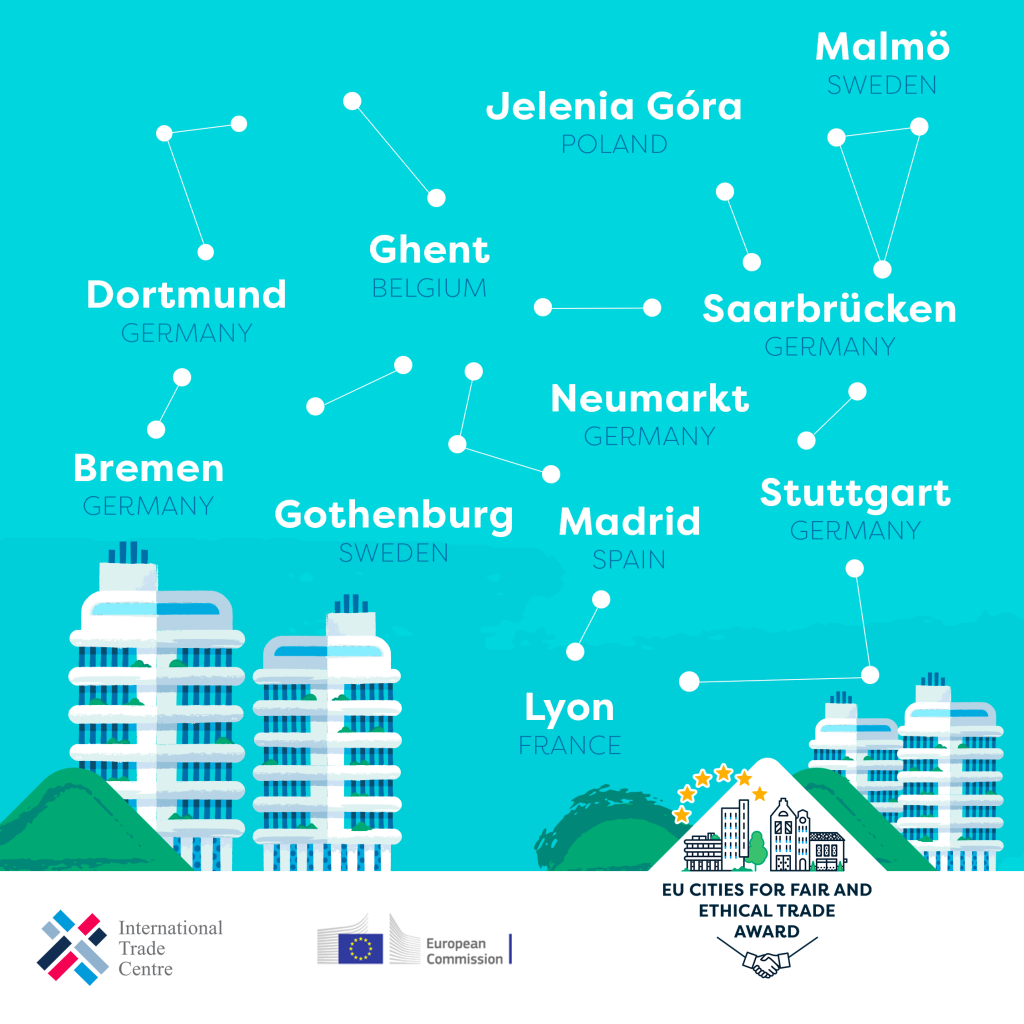
Network Meetings
Public Procurement - Sustainable, Responsible, Fair
22 June 2021
Online
The cities of Malmö and Ghent led the third thematic meeting of 2021, focused on public procurement. Public procurement is one of the most tangible and recognizable ways in which cities have a direct impact on sustainable consumption and production. The meeting opened with a presentation from Malmö on their efforts in procuring sustainable catering and the Procura+ Awards for ICT procurement, which aim to recognize innovative public procurement practices. This led to a presentation by Ms. Josefine Hintz of ICLEI (International Council for Local Environment Initiatives) on their collaboration with Malmö on the Make ICT Fair Project. In this project, ICLEI co-created criteria for ICT procurement with a group of public buyers, facilitated market dialogues with brands, and piloted the criteria with several cities. The project culminated in a publication that serves as a technical and practical resource for cities looking to see examples of how to procure ICT sustainably.
Next, Ms. Mareike Grytz from the Fairtrade Metropolitan Region of Nuremberg, which collaborates with the city of Neumarkt, presented a methodology for data collection on sustainable public procurement. The region conducted a two-year survey focusing on the most important intervention areas for public procurement and providing workshops for municipalities on this process. The results include a position paper with recommendations for the federal and state governments to support municipalities in this area. They also measure how 33 municipalities perform against their sustainable procurement goals, which can be explored online.
The meeting concluded with a focused discussion, led by Ghent, on ideas for improvement and collaboration in the cities’ own public procurement activities. As Malmö is currently engaging in the Award Winner Project with ITC on ethical battery supply chains, much of the discussion centred around the applicability of the ICLEI ICT procurement recommendations to this project. Cities also discussed the different ways in which larger and smaller cities can exert market power in driving sustainable public procurement, with smaller cities benefitting from pre-developed methodologies and regional collaboration. Finally, cities discussed some of the other sectors, such as mobility and construction, in which they wish to focus more efforts.
Monitoring for Impact
5 May 2021
Online
Monitoring and evaluating progress, either towards the SDGs or other local sustainability benchmarks, remains one of the most important, yet one of the most challenging, aspects of the city activities in this area. As highlighted by the evaluation process for both editions of the Award, systems for gathering evidence and observable results of change are often less developed than awareness-raising events or business engagement initiatives with high visibility. As such, the second thematic meeting of the Network for 2021 focused on sharing innovations in impact monitoring that could be replicable across cities of all sizes.
Ghent opened the meeting with a presentation of the city’s SDG Voluntary Local Review report, in which SDG sub-goals are linked to the strategic goals of the city’s multi-annual plan. This was complemented by a presentation of the Fair-O-Meter online tool, provided by the Fair Trade Towns movement of Flanders, which helps towns evaluate the impact of their activities on fair and ethical trade.
Subsequently, the city of Stuttgart, which won the Special Mention – Monitoring for Impact, presented their SDG localization strategy. In 2019, Stuttgart was the first German city to test and use 77 quantitative SDG indicators at ta local level. Through the VLR Stuttgart – a Livable City. The global Agenda 2030 at a local level, Stuttgart presented an analysis of the city’s progress against the SDGs and examples of best practices for SDG localization. Stuttgart also provided an example of how the city collects data and measures progress on sustainable public procurement through questionnaires and an analysis tool.
Building off Ghent and Stuttgart’s presentations, the two cities facilitated a discussion with the rest of the Network members on their mechanisms for connecting city objectives to SDG indicators as well as fair and ethical trade in general. Members also discussed how political mobilization and legislative progress in this area are connected to how city budgets are allocated to more sustainable trade.
Next, came a presentation from Dr. Matthew Anderson, a professor from the University of Portsmouth who also served on the Award Evaluation Committee. He outlined his latest research on tools for Action Learning that cities can use to formalize strategy development and communicate the complexity of implementing circular economy principles in cities. He finished with an overview of Circulytics – a tool from the Ellen MacArthur foundation for companies evaluating suppliers for particular products, which could be useful to cities as well.
The meeting closed with the Network members congratulating the city of Gothenburg for their 10-year anniversary as a Fair Trade City!
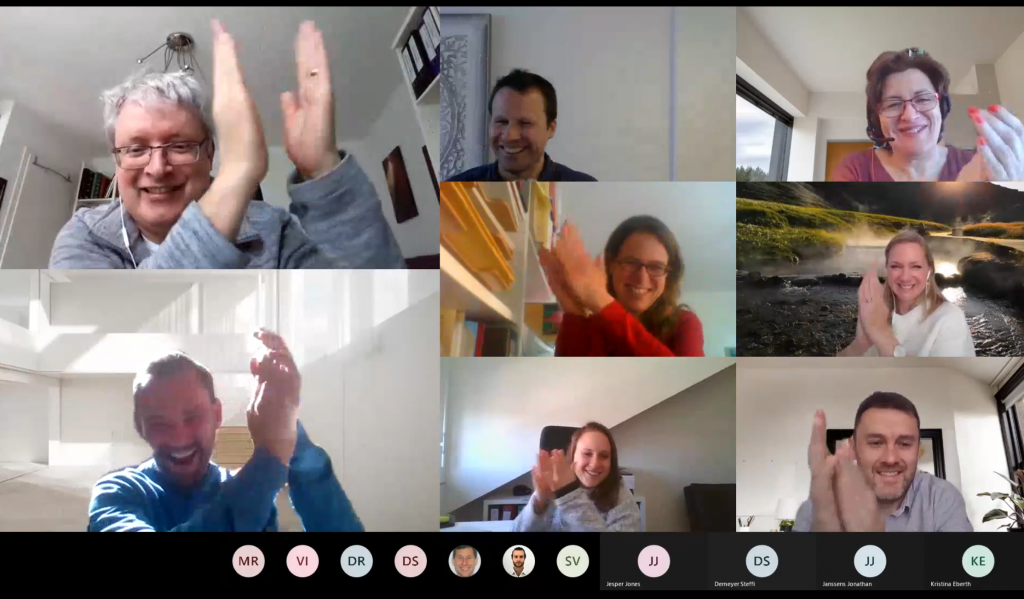
Fair and Ethical Trade and the Circular Economy in cities
31 March 2021
Online
With the growing relevance of circular economy practices and discourse, the Network elected to discuss their efforts in this area. These discussion were especially pertinent given the intersection of circular economy business models and fair and ethical trade practices.
The meeting featured inputs from external speakers. Sergi Corbalán from the Fair Trade Advocacy Office (FTAO) began with a presentation of the findings from a recent publication, Avoiding blind spots: Promoting circular and fair business models (Circle Economy, EEB, FTAO). This publication stressed that no single lens is sufficient in addressing all environmental, social, market, and governance ‘blind spots’ in supply chains. As such, it recommends using both circular and socially responsible methodologies.
In addition, Liisa Lahti, representative from the city of Turku, Finland presented the city’s experience with implementing circular economy approaches in the urban context. The presentation was a very useful insight on where to start and how to focus city efforts in this area for the Network cities.
Following the external presentations, cities of Bremen and Gothenburg led the discussions. Bremen presented the Beyond Buying Report 2021, commissioned and released by the city very recently. It includes latest research and city case studies on how to include circular economy principles in public procurement. To finish the meeting, Gothenburg led a collaborative discussion on city priorities for including the circular economy lens in city targets and how to align these with fair and ethical trade.
Introduction of the new members
10 February 2021
Online
Following the completion of the second EU Cities for Fair and Ethical Trade Award in 2020, a new group of cities joined the Network. This first meeting of 2021 for the Network of EU Cities for Fair and Ethical Trade served to introduce the newcomers, spotlight some of the innovative practices that brought these cities to the group, and plan future activities of the Network.
The 2021 winner of the Award – and the co-chair of the Network – the city of Malmö presented some of the highlights from their winning application. This also included some updates on the upcoming project with ITC on ethical battery supply chains, funded by DG Trade as one of the benefits for the sustainable trade champion.
The new Network members followed with presentations on initiatives that garnered them Special Mentions. Members were able to share expertise and exchange ideas for areas of possible future collaboration.
First Meeting of the Network of EU Cities for Fair and Ethical Trade
10 September 2019, 9:00-17:00
Lyon, France
This first in-person meeting of the Network of EU Cities for Fair and Ethical Trade created a rich exchange and lively discussion of the members’ various approaches to promoting sustainable, fair and ethical trade in their cities.
During the closed meeting, the cities touched on issues ranging from sustainable public procurement, strategy development, educational projects, awareness-raising initiatives, sustainable business initiatives, and global partnerships. Participants were able to truly gain insights into each other’s efforts and identified topics they want to learn more about a future meetings to help them implement these in their own cities.
Participants also learnt more about city approaches to circular economy thanks to an expert presentation by the Ellen MacArthur Foundation.
A highlight of the meeting was getting to experience Lyon’s approach and achievements in sustainable, fair and ethical trade first hand by meeting local stakeholders on the ground. This included a kick-off dinner at one of the city’s labelled restaurants as well as a tour of its labelled businesses the following day.

The EU Cities for Fair and Ethical Trade Award is an initiative of the European Commission’s Directorate-General for Trade implemented by the International Trade Centre.
